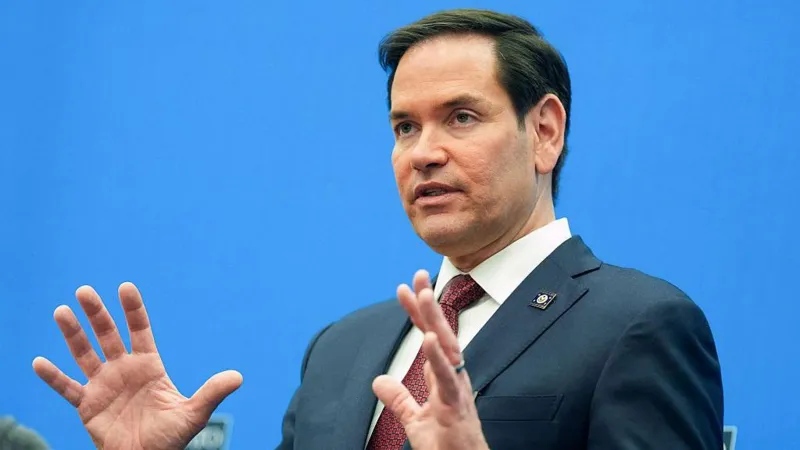As tensions escalated in Eastern Europe, President Vladimir Putin’s recent decision to initiate a ceasefire has sparked significant discussion among political analysts and international observers alike. This move, perceived by many as a potential turning point, comes amid a backdrop of escalating military confrontations and deepening geopolitical rifts. The ceasefire announcement, which was made during a press conference on a Thursday morning, has raised questions about its implications for regional stability and global political dynamics.
Analysts have noted that the decision to pursue a ceasefire could be interpreted in several ways. “This could be a tactical retreat or a genuine effort towards peace,” remarked Dr. Elena Smirnova, a political analyst specializing in Eastern European affairs. The varying interpretations of Putin’s motives reflect the complex nature of the current political climate, where credibility and intentions are often scrutinized. Observers are particularly interested in whether this ceasefire could lead to meaningful negotiations or if it is merely a temporary pause in hostilities.
The decision to pursue a ceasefire raises questions about its true intentions and potential for meaningful negotiations.
The international community has responded with cautious optimism. The United Nations Secretary-General stated, “A ceasefire is essential for any meaningful dialogue to take place.” Many nations have echoed this sentiment, emphasizing the need for diplomatic solutions over military confrontations. The hope is that the ceasefire may provide an opportunity for dialogue and negotiations, paving the way for a more stable environment in Eastern Europe.
However, skepticism remains prevalent; past ceasefires in the region have often been short-lived and have failed to address the underlying issues. Furthermore, the timing of the ceasefire raises eyebrows. It coincides with significant economic pressures on Russia, including sanctions that have strained its economy. “The economic situation in Russia cannot be overlooked,” stated Dr. Alexei Petrov, an economist. The repercussions of prolonged conflict, combined with economic hardships, may have compelled the Kremlin to reconsider its strategy.
In light of these developments, the world watches closely. The ramifications of Putin’s ceasefire decision could extend far beyond the borders of Eastern Europe, influencing global alliances and power dynamics. As analysts and leaders await further actions, the potential for a shift in the geopolitical landscape remains a topic of intense debate. The question lingers: will this ceasefire be a genuine step towards peace, or just another chapter in a complex narrative of conflict?














